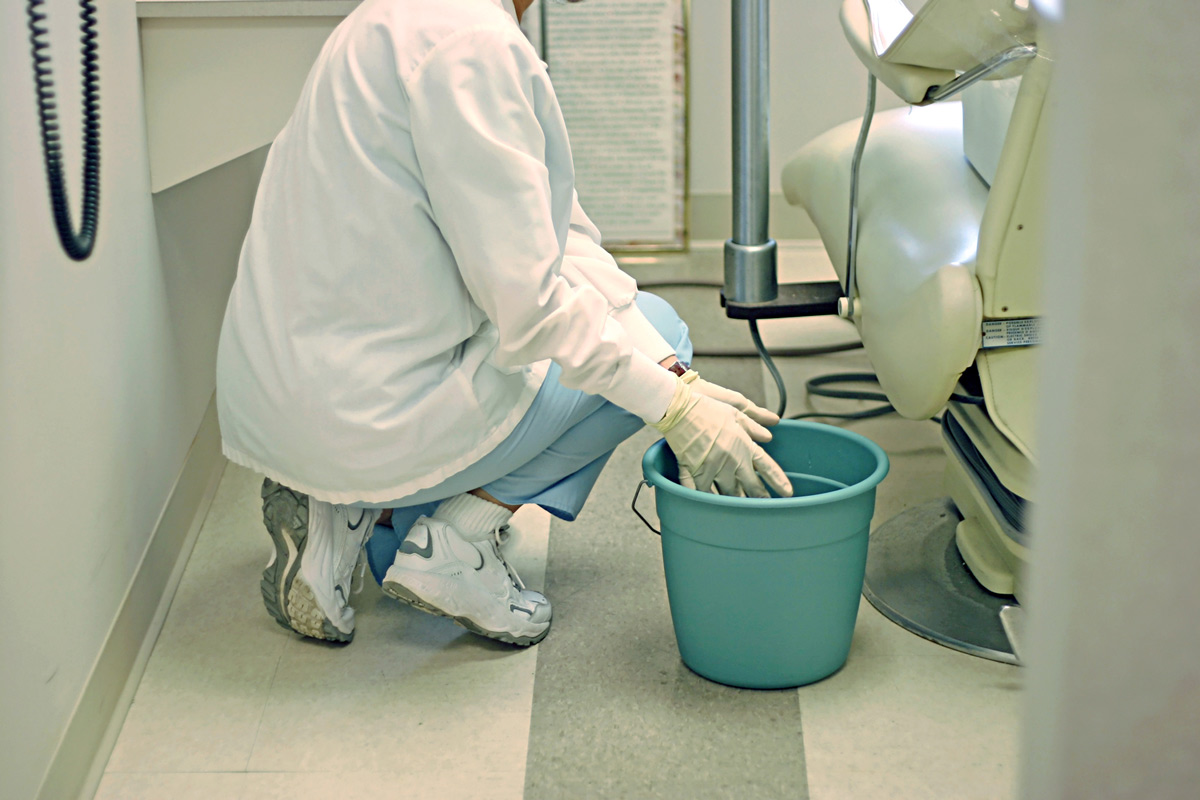How a strong partnership with hygienists can boost the performance of group practices
By Andrea Kowalczyk, RDH, BS & Heidi Arndt, RDH, BS
If we described a team member who produced 30 percent of the practice revenue, was the reason over 80 percent of new patients came into the office, and from whose operatory 60 percent of restorative treatment was discovered, you may likely be thinking this is one heck of an associate and partner.
Actually, we have just described your hygienist!
As a provider of care, generator of revenue, and a chief draw of new patient and recall traffic, the hygienist should be viewed as a partner in the practice, and yet we often relegate them to subordinate, auxiliary employee status.
There are various reasons why we overlook the value hygienists bring to a practice, chief among them the fact that hygienists do not view themselves as partners, and often do not realize their own value and contributions.
We are not advocating that professionals who do not diagnose treatment be given equanimity with the doctor. We all know that treatment decisions ultimately fall on the doctor’s shoulders. For that reason, giving a hygienist that same level of autonomy is not advisable.
A partnership does not mean identical equality in decision making, or having complete financial ownership and responsibility. “Partnering” can mean many things and take many forms. Webster defines a partner as “a person who takes part in an undertaking with another or others, especially in a business or company with shared risks and profits.”
A stake in the success
Giving the hygienist a collaborative role in the practice has more benefit than risk. Give them a stake in the success of the practice, and you increase their accountability to the group. Partnership fosters responsibility and discipline. It sparks an awareness of accountability that we don’t see with more subordinate team members.
It is a known fact that those who have a sense of ownership in an endeavor take more thoughtful actions, view their work as more meaningful, show up early, leave late, and generally work harder. They are more apt to educate themselves and others.
In short, they are less likely to be self-focused and tend to be more team centered.
These are the things we want from our hygienists and are often frustrated when they do not seem to take ownership. We don’t understand why they do not demonstrate the leadership qualities we know they surely possess.
However, when we relegate them to the hygiene operatory, exclude them from having input in decisions that affect the team, and have closed door “leadership” meetings without them, we will continue to see more of the same “subordinate” behavior we want to discourage. In other words, if we view them as auxiliary, they will never rise to be ancillary.
In order to spark a sense of leadership and accountability in your hygiene team, you will need to take leadership yourself. It may not happen overnight, but with each step you take, you will likely begin to see those latent leadership qualities emerging.
Read on for some simple actions that will elevate your hygienist to partner status:
- Hire hygienists whom you want as a partner, and understand the importance of strong patient care and the business objectives. Just as you would not hire a doctor who would not be on board with practice goals, hire hygienists whom you can see yourselves collaborating with and whose judgment you respect.
- Clearly define goals and expectations for your hygiene team. Using Key Performance Indicators is the best way to communication this and track success.
- Give them a financial stake in the practice; whether through production based compensation or bonuses.
- Provide training and coaching to them so they can reach their full potential.
- Have an open door policy, and let them know that honesty is safe.
- Give them autonomy where it is warranted. Do not micromanage.
- Highlight their contributions. Have a great production month? Let them know their contribution in more detail than “Great Job!” Tell them instead how much revenue they produced- and what that means for the practice.
- Share practice financial reports and goals with them. Knowledge is power!
- Hold them accountable to being solution focused.
It’s lonely at the top. Having a partner ensures that burdens are shared, and we have another advocate we can depend on. It means knowing that this person has the good of the whole in mind. It means folks will mostly manage themselves rather than having to be managed.
Hygienists are fundamental to the success of a practice. Making sure your hygienists know and feel that is fundamental as well.





